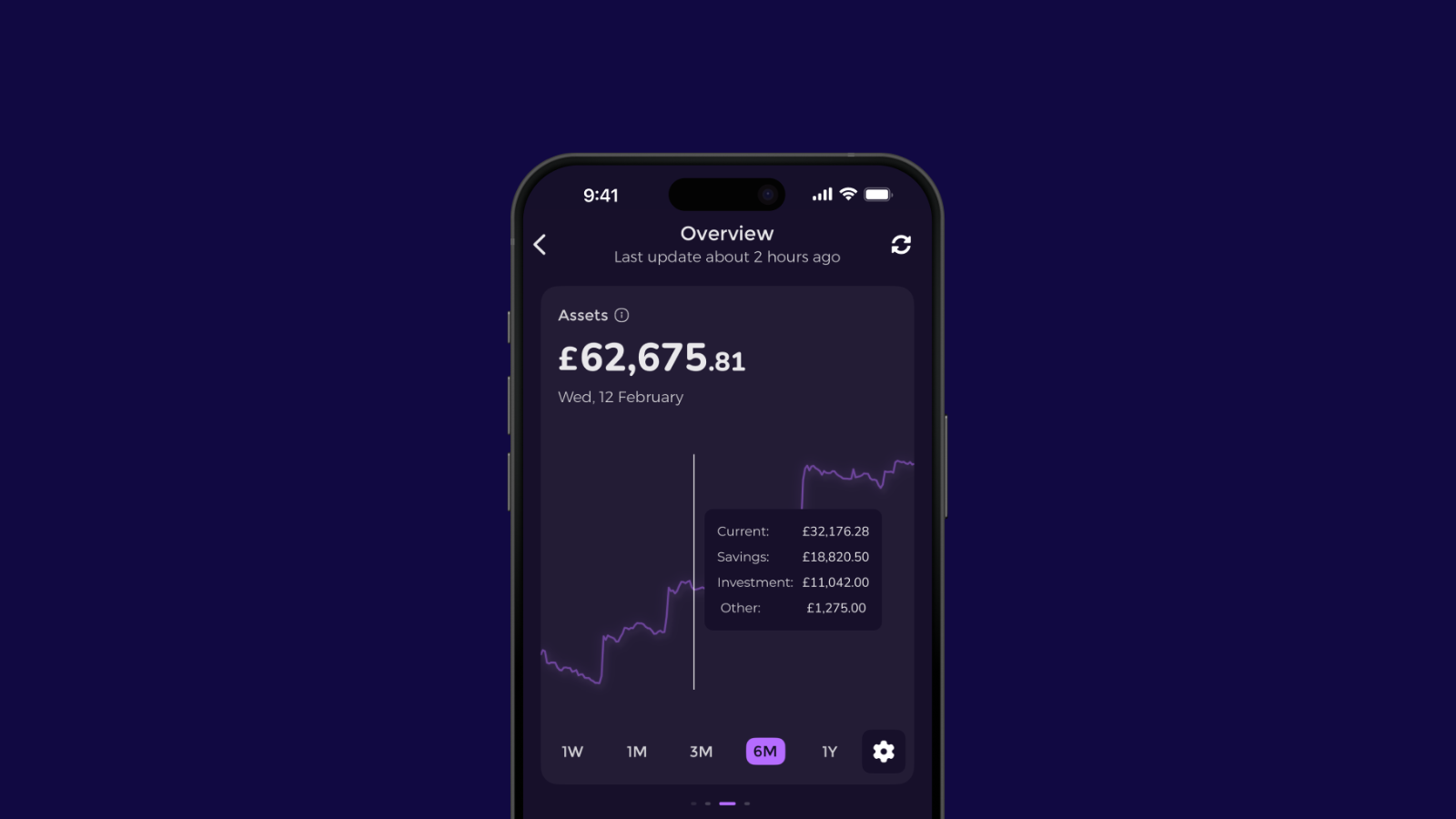FEATURED ARTICLE
The True Costs Of Owning A Car

Rebekah May
April 9, 2021 •5 min read
Owning a car might be one of your most expensive outgoings after your rent or mortgage payments. Despite this, 65% of Brits don’t actually know how much they’re paying to run their car every year. Here we look into all the different costs of owning a car.
1. Buying The Car
Buying the car is likely to be one the biggest expenses.
The amount you pay for a car depends largely on whether you buy a new or a used car. The make and the model of the car, where you buy it, and how you choose to pay for the car can also impact how much it’ll cost you.
In general, you would usually pay a lot less for a used car. This is because cars depreciate in value over time. I.e the monetary value of the car decreases because of wear and tear. Most new cars actually see their value half in value after only three years of use.
New cars do however tend to come with a warranty for the first couple of years. This means you’re not liable for repairs, or mechanical problems, which can often be very expensive.
You’ll usually pay less for a car if you can pay for it in cash upfront. If you’re not in the position to do this, then taking out a loan is the next option. This is a good option for many, although you have to pay interest which increases the total cost of the car.
If you’re thinking about taking out a loan to buy a car or are interested in car finance, head to the Borrow tab in the Emma app. From there you can compare a variety of options that’ll show you which loans are best for you.
2. Car Insurance
The next largest cost is likely to be your car insurance. Car insurance is a legal necessity in the UK, and unfortunately it can be pretty expensive.
How much you’ll pay for car insurance depends on your age, where you live, your past driving history, your marital status, and the type of vehicle you have.
Luckily there are lots of little ways you can save money on your car insurance.
For example, comparison sites can help you search through a whole range of insurance policies so you find the best deal. Shopping around for different insurance deals, especially if your insurance policy is coming to an end, is a great way to save your hard-earned cash.
Paying your car insurance annually, changing your excess, having a good driving history, and adding named drivers are a few more examples of methods you can use to make your car insurance more affordable.
Interested in finding out more about how to save money on your car insurance? Check out this recent article on the Emma blog!
3. Cost Of Fuel
The next cost of owning a car is the cost of fuel.
The amount you spend on fuel of course depends on how much you use the car. As well as what type of trips you make, and how efficient your car is.
For example, you’ll probably use more fuel if you drive a 10-year old van and use it for short city trips, in comparison to a newer car that is mostly used for longer motorway journeys.
If you’re concerned about how much you’re going to spend on fuel then take into consideration your car's age, engine size, model and how many miles per gallon (mpg) it can do.
Driving carefully (accelerating gently/ breaking less), removing unnecessarily heavy objects, and maintaining a good tyre pressure, can all help reduce fuel consumption.
You can further reduce costs by actively choosing where to buy your petrol. Remember you can even get reward points by choosing to fill up at supermarket stations.
Paying more money upfront for a more fuel-efficient car could also save you money in the long run. Take this into account when deciding which car is best for you.
4. Annual MOT & Car Maintenance
An MOT is an annual test for all cars that are over three years old. The main purpose of an MOT test is to ensure that the car is safe to drive.
If your car does not pass its MOT, or the MOT has run out, you will not be able to drive your car on the road. You can be fined up to £1,000 if you’re found to be driving without a valid MOT, so it’s important that you keep track of when your year is up.
There is a small upfront cost for an MOT - it’s usually around £55. But be aware, if the MOT shows any issues with your car, you might be looking at a sizable bill for repairs.
You should also be prepared to pay for regular car services. This is another extra cost, but it can help to avoid more expensive problems from developing in the future.
It’s suggested that you take your car in for a service after every 12,000 miles, or at least once a year. The price of a service can vary, although expect to pay around £150 (plus any extra for new parts or repairs!)
5. Car Tax
Another cost you need to keep in mind is Vehicle Excise Duty (VED), commonly known as car tax, or road tax.
The amount you pay for car tax is based on a few different things, like your engine size, CO2 emissions and the age of the car. It can be anything up to £1,000 a year or more depending on how environmentally friendly the car is.
If you’re looking to keep your car tax costs to a minimum then picking a smaller, more efficient car will help. Alternatively you could opt for a low emission car, like an electric car, as these are tax free!
It’s important to know that car tax cannot be transferred between people if you buy or sell a car. For example, if you buy a car that someone else has previously taxed, you will still need to tax the car before you can drive it.
6. Miscellaneous
As if owning a car wasn’t expensive enough, there are also a tonne of other miscellaneous costs of owning a car. For example, breakdown cover, congestion charges, parking costs, and (if you’re naughty), parking fines and speeding tickets.
Summary:
It’s extremely important that you understand the different costs of owning a car.
Work your way through the above list and jot down how much you think your car could be costing you each year.
Make sure you’ve then set aside an emergency fund for any unexpected expenses. Including this in your budget will help you get into the habit of putting money aside, and means you’re less likely to run into any financial difficulties if your car unexpectedly breaks down or needs repairs.
Emma can help you set budgets, and then track your spending. Find out more about setting budgets in Emma here.
You may also like
Check out these related blog posts for more tips
© 2025 Emma Technologies Ltd. All Rights Reserved.
Emma is registered and incorporated in England and Wales.
Emma Technologies Ltd is an appointed representative of RiskSave Technologies Ltd, which is authorised and regulated by the Financial Conduct Authority (FRN 775330).
Payment services (Non MIFID or Deposit related products) for Emma Technologies Ltd are provided by The Currency Cloud Limited. Registered in England No. 06323311. Registered Office: Stewardship Building 1st Floor, 12 Steward Street London E1 6FQ. The Currency Cloud Limited is authorised by the Financial Conduct Authority under the Electronic Money Regulations 2011 for the issuing of electronic money (FRN: 900199). For more detail on how your money is protected please see here. You can also find Currency Cloud's Terms of Use here.
Emma Technologies is an Introducer Appointed Representative of Quint Group Limited and not a lender. Quint Group Limited is authorised and regulated by the Financial Conduct Authority (Firm Reference Number 669450). Monevo Limited is an Appointed Representative of TransUnion International UK Limited. TransUnion is authorised and regulated by the Financial Conduct Authority (Firm Reference Number 737740). Emma Technologies introduces customers first to Quint Group Limited, as a licensed credit broker, who then refers on to Monevo Limited.
Emma is registered with the Financial Conduct Authority under the Payment Services Regulations 2017 for the provision of payment services.
Financial Conduct Authority Reg Nr: 794952.
Company Registration Number: 10578464.
Data Protection Registration Number: ZA241546.
All testimonials, reviews, opinions or case studies presented on our website may not be indicative of all customers. Results may vary and customers agree to proceed at their own risk.
Resources: Cancel subscriptions, Cashback offers, Who charged me, Rent Reporting, Budgeting, Investment universe, Emma vs Moneyhub.
Featured cashback offers: Samsung, SimplyCook, NordVPN, Audible, M&S Homeware.









